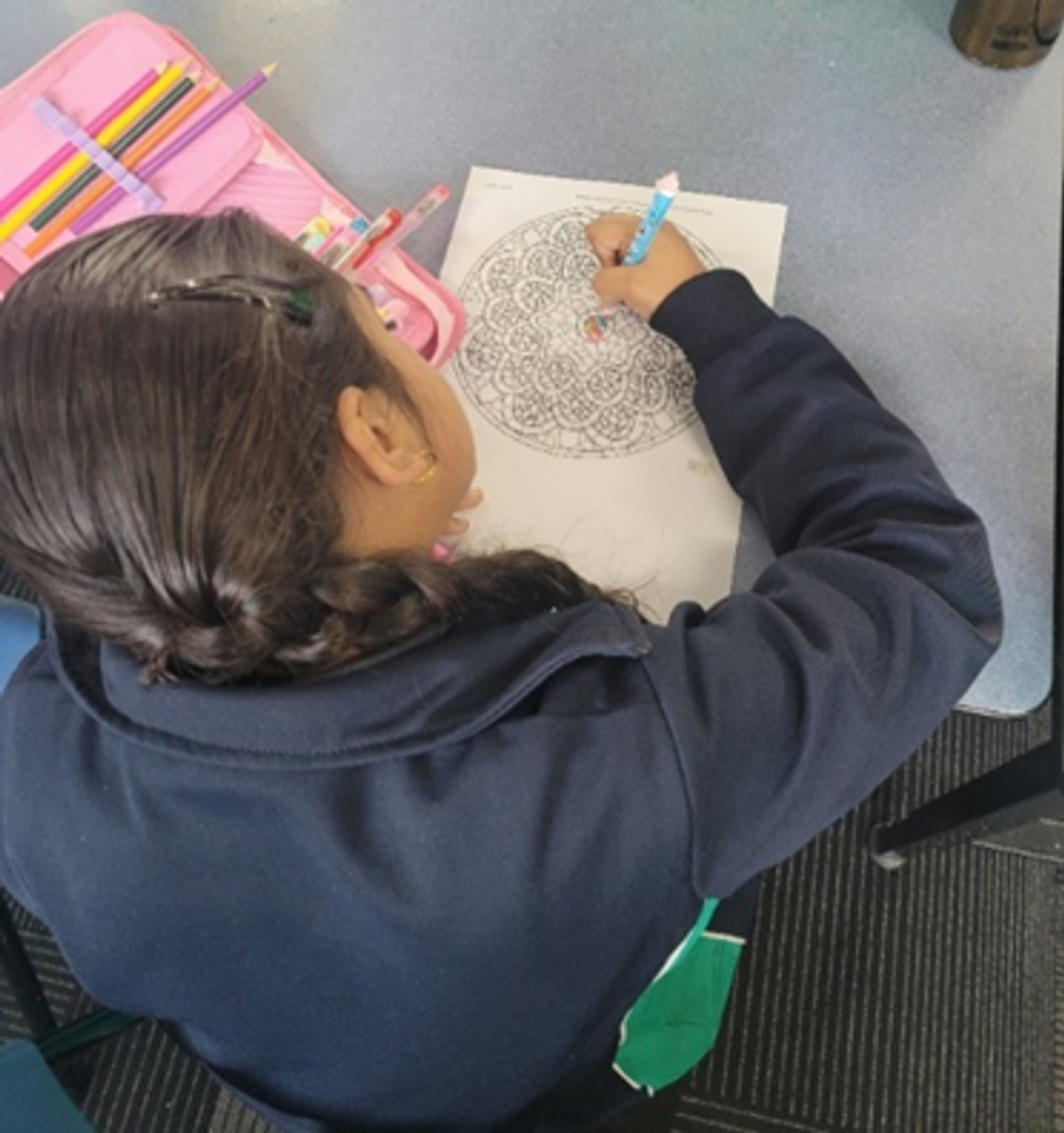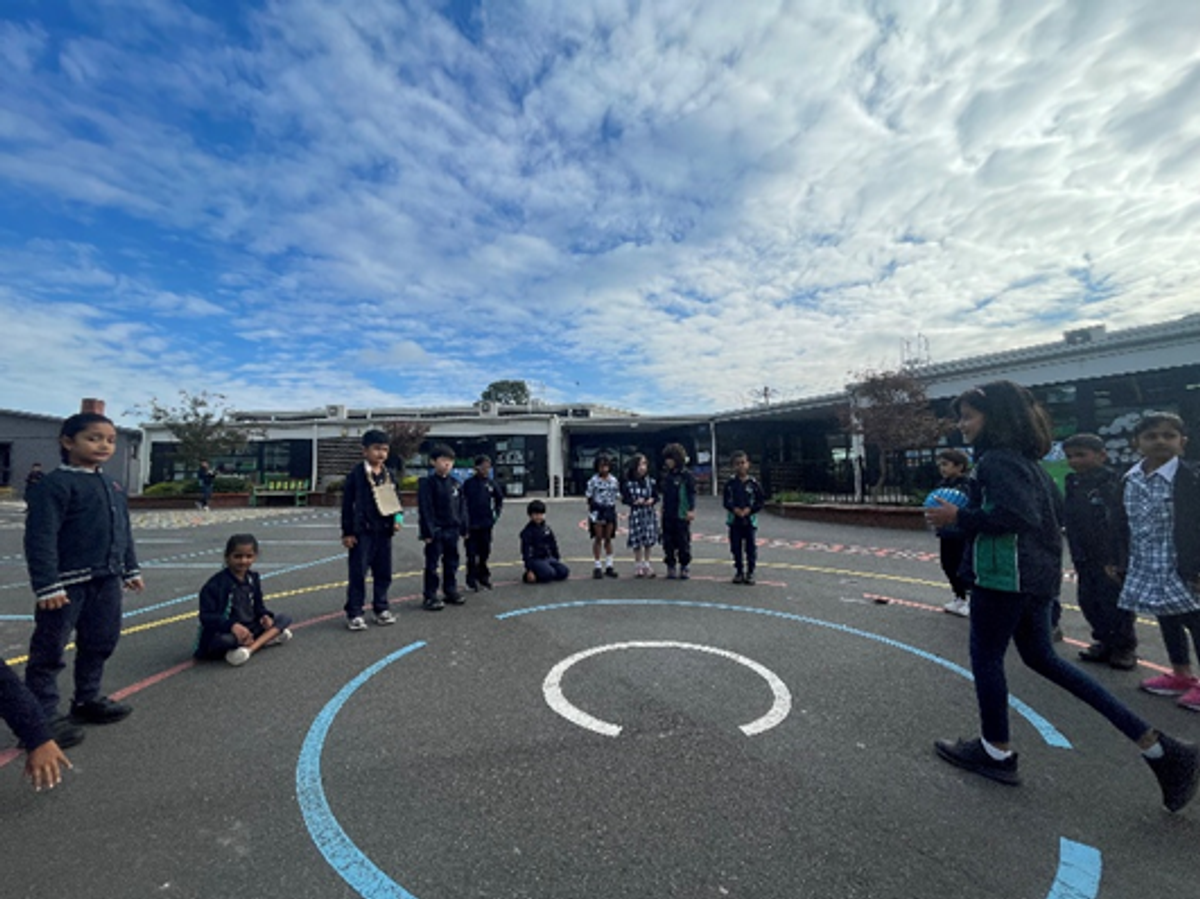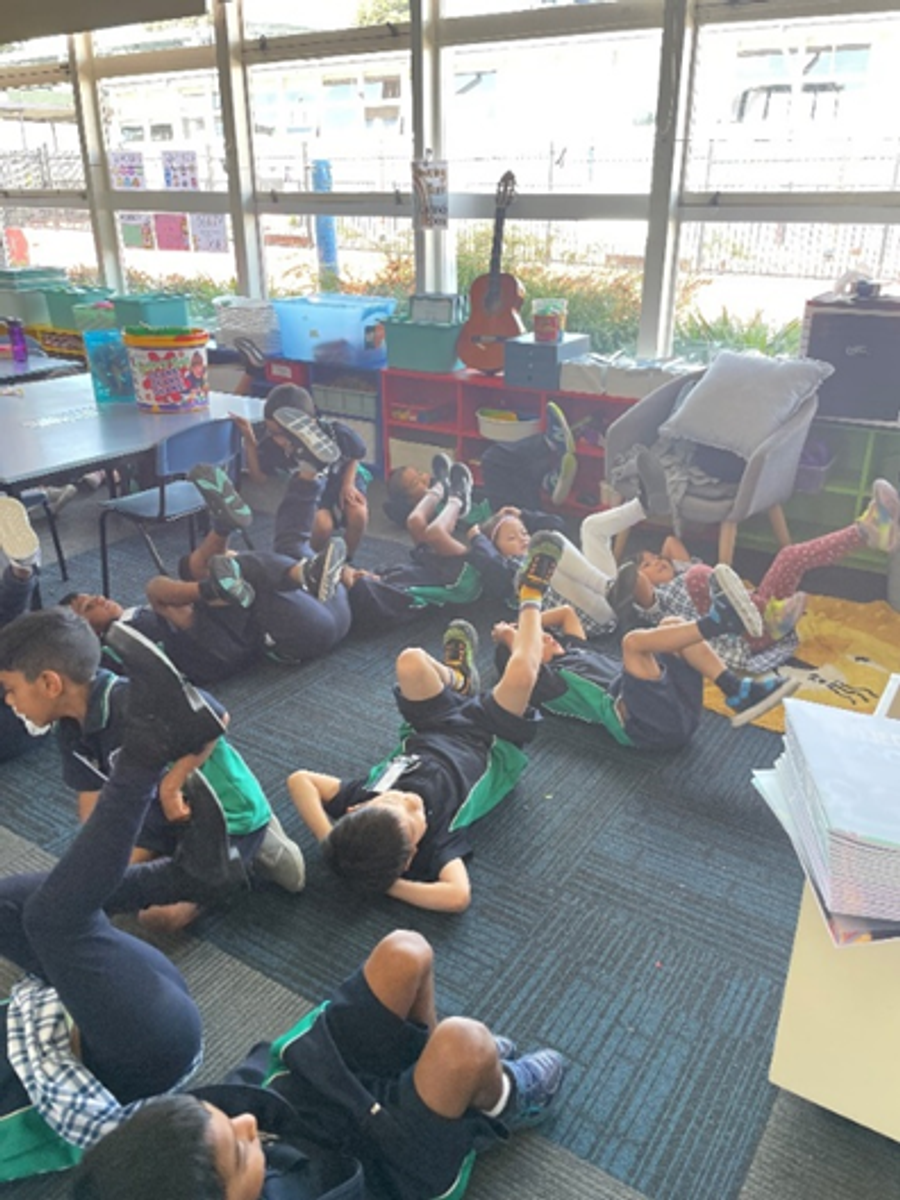Mind, Body and Us

Prep to Year Two
This Semester in Mind, Body and Us, the Prep, Level One and Level Two students unit focus will be ‘Belonging and Self-regulation'. Students will begin with fostering a sense of self through acceptance of themselves, then progress to understanding their roles in social groups within the GWPS and wider community. They will analyse their contribution to communities, demonstrating leadership and social responsibility while honing deepening self-regulation skills such as, self-talk, resilience and problem-solving. These key strategies will be supported through play-based activities and mindfulness practices, empowering the learners to navigate emotions, build positive relationships, and thrive academically, socially, and emotionally in diverse contexts.
Curriculum Links:
- Identify a range of groups to which they, their family and members of their class belong (VCPSCSO004)
- Describe ways of making and keeping friends, including how actions and words can help or hurt others, and the effects of modifying their behaviour (VCPSCSO013)
- Use basic skills required for participation in group tasks and respond to simple questions about their contribution to group tasks (VCPSCSO014)
Key Vocabulary:
Belonging, Community, Collaboration, Self-regulation, Emotions, Relationships
How can you support your child’s Wellbeing learning at home?
In order to support the Mind, Body and Us program, families can:
- Participate in mindful activities together as a whole family. For example, a nature walk, reading a book together before bed or practicing gratitude at the dinner table.
- Discuss family relationships, for example, creating a family tree at home.
- Acknowledge different community groups your family may be a part of, for example, sporting clubs and your contributions to them.
Year Three to Six
This term in Mind, Body and Us the students from Years Three to Six will be inquiring into the topic ‘Belonging and Self-Regulation’, as they begin to develop stronger friendships in their classroom as well as within groups and activities. They understand how others feel and how differences can impact relationships. Students will identify strategies to seek assistance when required as well as reflect on how inclusion enhances play experiences. To compliment this unit the students will be spending time doing some mindfulness to refresh their minds as well as exploring the connection between being physically active and a balanced lifestyle through continuing to utilise the Play is the Way program to help engage the students in physical activities that support their emotional and social wellbeing as well as their physical health.
Curriculum Links:
- Identify and explore the expression of emotions in social situations and the impact on self and others.
- Demonstrate skills for effective participation in group tasks and use criteria provided to reflect on the effectiveness of the teams in which they participate.
- Explore the links between their emotions and their behaviour.
- Describe the characteristics of respectful relationships and suggest ways that respectful relationships can be achieved.
Key Vocabulary:
- Belonging
- self regulation
- Inclusion
- Adaptability
- Stereotypes
How can you support your child’s Mind, Body and Us learning at home?
In order to support the Mind, Body and Us program, families can:
- Encourage children to go outside and play physical activities
- Switch off devices during mealtimes to engage in conversations.
- Embedding wellbeing strategies such as mindful colouring, Yoga and gratitude journalling, at home, will enable students to transfer their understanding from school into healthy habits for life.



